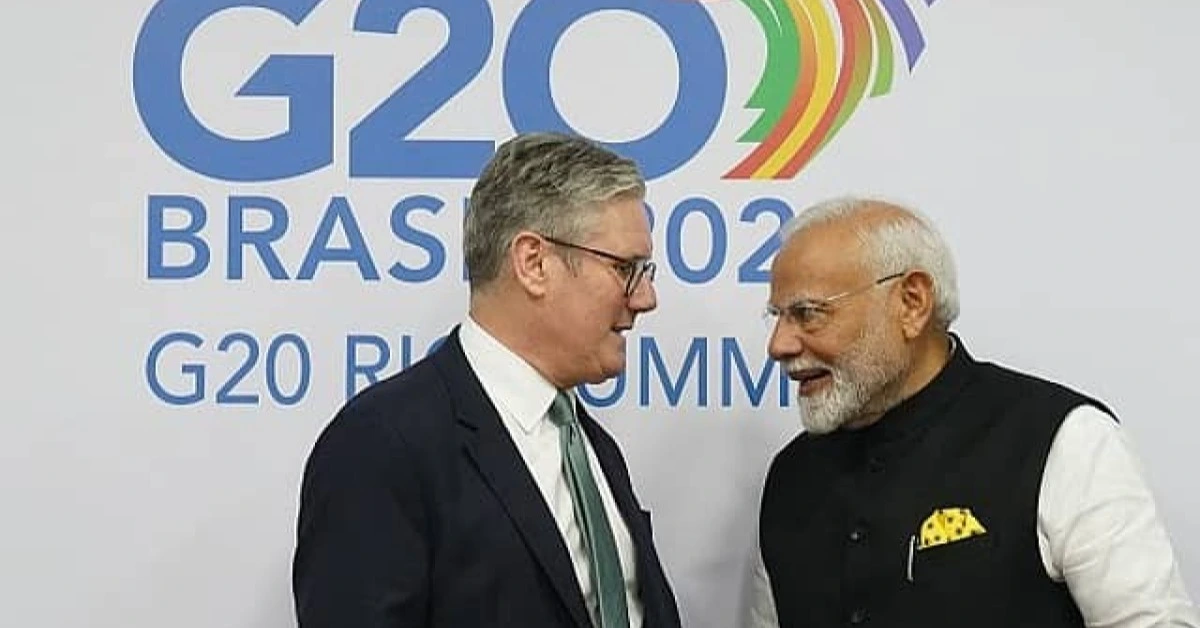
UK – The newly announced UK-India trade deal has drawn applause from several industries, but the British pharmaceutical sector remains notably unimpressed.
While UK Prime Minister Keir Starmer has hailed the agreement as a major economic win, projecting a £25.5 billion boost in exports to India beyond 2024 levels – key voices in the life sciences community say the deal falls short where it matters most.
The Association of the British Pharmaceutical Industry (ABPI) has expressed serious concerns, particularly over the lack of strengthened intellectual property (IP) protections for UK pharmaceutical innovations in the Indian market.
At the heart of their frustration is the issue of regulatory data protection (RDP), which shields the large volume of clinical and preclinical data required to bring new medicines to market. Without strong RDP provisions, UK pharma firms fear their innovations could be vulnerable to unfair competition.
ABPI Chief Executive Richard Torbett described the outcome as disappointing, especially given that the pharmaceutical sector is one of the UK’s largest exporters.
In 2024, the UK exported £127 million worth of pharmaceutical products to India, a country that is also a leading supplier of generic medicines globally.
According to ABPI data, Indian manufacturers imported nearly US $657 million in medicines in the year ending Q3 2024.
Torbett pointed out that the ABPI had high hopes when trade talks began in 2022, viewing India as a strategic market for life sciences.
“Unfortunately, this deal overlooks the opportunity to reinforce strong IP standards for our sector,” he said.
He also urged the government to prioritize these concerns in upcoming negotiations with other trade partners like the EU, US, and Switzerland.
While the government emphasized benefits across various sectors, including reduced tariffs on UK exports of spirits, aerospace products, cars, cosmetics, and medical devices – pharma leaders argue that without better IP protections, the deal misses a critical chance to strengthen one of the UK’s key innovation sectors.
As India’s economy continues to expand, expected to become the third-largest in the world within three years, British pharma firms worry they may be left behind unless future trade deals better reflect their needs.
XRP HEALTHCARE L.L.C | License Number: 2312867.01 | Dubai | © Copyright 2025 | All Rights Reserved